When you’re dealing with international shipping, understanding key terms is essential. So, what is Ex Works (EXW)? It’s a shipping term that plays a crucial role in defining responsibilities between you as a buyer and the seller. In an EXW agreement, the seller’s job is simple: they make the goods available for pickup. From there, it’s your responsibility to handle the logistics, from transportation to export duties. This setup is common in global trade and can significantly impact your business decisions.
In this article, you’ll learn about the responsibilities that come with EXW, the pros and cons of using it, and how to calculate costs effectively. Whether you’re experienced or new to international shipping, understanding EXW is key to navigating your trade agreements smoothly.
Let’s get started.
Buyers’ and Sellers’ Responsibilities with EXW Agreements
Understanding the distinct responsibilities of both the buyer and seller in an Ex works (EXW) agreement is crucial for smooth operations. Let’s consider this from a broad perspective.
Seller’s Responsibilities
1. Preparing Goods for Pickup: As the seller, the primary responsibility under an EXW agreement is to ensure that the goods are ready for pickup. This means they should be available at your premises or another agreed location.
2. Providing Necessary Documentation: You must provide the buyer with all the essential documents, such as invoices and proof of the goods’ origin. However, with an EXW agreement, you aren’t responsible for obtaining export licenses or other export documentation.
3. Packaging and Labeling: You must package and label the goods appropriately. This ensures they are protected during transit and all necessary information is clearly visible.
4. Communicating Availability: Once the goods are ready for pickup, you must inform the buyer about their availability.
Companies like Intoglo provide door-to-door shipping for cross-border shipments, ensuring a hassle-free process. Having strong connections with major shipping lines like Maersk, Hapag-Lloyd, MSC, CMA CGM, ZIM, and Evergreen, Intoglo offers dedicated warehouse and transloading facilities in the USA for long-term storage.
Buyer’s Responsibilities
1. Loading Charges: As the buyer, you’re responsible for all costs associated with loading the goods onto your transport vehicle, including any equipment or labor required.
2. Pickup and Transport to Port: You must arrange for the delivery of the items to the export port and their pickup from the seller’s location. This involves coordinating with a logistics provider or handling the transportation yourself.
3. Export Documentation and Customs Clearance: You must handle all export documentation and ensure that the goods clear customs in the country of origin. It often involves paying duties and complying with local regulations.
4. Freight Charges: As the buyer, you’re also responsible for paying all freight charges to transport the goods from the port of origin to the destination port. It includes ocean, air, or land freight costs.
5. Insurance (Optional): While insurance is optional under EXW, purchasing it to protect your goods during transit is generally advisable. It is your responsibility to ensure you’re adequately covered.
6. Import Documentation and Customs Clearance: Once the goods arrive at the destination port, you must handle all import documentation and customs clearance. It can involve complex paperwork, so it’s essential to be well-prepared.
7. Destination Terminal Charges: You must cover any charges incurred at the destination terminal, such as unloading, handling, and storage fees.
8. Final Delivery and Unloading: Finally, you are responsible for the last leg of the journey. It includes transporting the goods from the destination terminal to their final destination and overseeing their unloading.
Advantages and Disadvantages of EXW (Ex Works)
When dealing with international trade, the choice of shipping terms can significantly impact both buyers and sellers. Let’s understand the benefits and cons of using EXW from a buyer’s perspective.
1. Advantages for Buyers
Choosing EXW offers several benefits, particularly for buyers who prefer greater control over the shipping process.
- Control Over Shipping
One of the main advantages for buyers is the control they gain over the entire shipping process. Under EXW, buyers can select their preferred carriers, negotiate better shipping rates, and determine the most cost-effective routes. This level of control allows buyers to tailor the logistics to suit their specific needs, potentially reducing shipping time and costs.
- Cost Transparency
EXW provides buyers with clear visibility into all costs associated with transporting goods. Since the seller’s responsibility ends once the goods are made available, buyers can avoid hidden charges often related to seller-arranged shipping. This transparency enables more accurate budgeting and cost management, particularly beneficial in industries with tight profit margins.
- Potential for Consolidating Shipments
Buyers using EXW terms can also consolidate shipments from multiple suppliers, reducing transportation costs. By managing logistics, buyers can coordinate the shipment of goods in bulk, taking advantage of economies of scale. This consolidation can result in significant savings, mainly when dealing with large quantities of commodities.
Disadvantages for Buyers
While EXW offers several advantages, it also comes with certain risks and challenges that buyers must be aware of.
- High Risk and Responsibility
One of the biggest drawbacks of EXW for buyers is the significant risk and responsibility it places on them. When the goods leave the seller’s premises, the buyer assumes all risks, including damage, loss, and customs clearance. This increased responsibility can be daunting, particularly for buyers needing more international shipping experience.
- Potential for Higher Costs Due to Inexperience
Inexperienced buyers may face higher costs when using EXW terms. Buyers could pay more for transportation, insurance, and customs duties without the knowledge to navigate international shipping logistics efficiently. Additionally, mistakes in documentation or miscommunication with carriers can lead to delays and extra expenses, eroding the cost benefits that EXW might otherwise offer.
In conclusion, while EXW provides buyers with control and cost transparency, it also requires them to shoulder considerable risks and responsibilities. Buyers must weigh these factors carefully to determine if EXW is the right choice for their business.
Contact an experienced team of freight forwarding company representatives and discuss your requirements for the right choice for your business.
Cost Calculation for EXW
Calculating the total cost of getting your goods from the seller’s location to your destination is vital for accurate budgeting in an Ex Works (EXW) agreement. Since the buyer handles most logistics, understanding how to break down these costs is critical. Let’s explore the components involved in EXW pricing, walk through an example calculation, and see how freight rate calculators can simplify the process.
1. Components of EXW Pricing
The total cost under EXW isn’t just the price of the goods; it includes various additional expenses. These components typically involve:
- Inland Transportation: The cost of moving goods from the seller’s location to the port of export.
- Export Customs Clearance: Fees associated with clearing goods for export.
- Freight Charges: Costs for sea or air transportation from the port of export to the destination port.
- Insurance: Optional, but recommended, to cover goods in transit.
- Import Duties and Taxes: Any tariffs, VAT, or other taxes at the destination port.
- Destination Charges: Port handling fees, customs clearance, and inland transportation at the destination.
2. Example Calculation
- Cost of Goods: $10,000
- Packaging Cost: $200
- Loading Cost: $150
EXW Price= Cost of Goods+Packaging Cost+Loading Cost
EXW Price=$10,000+$200+$150= $10,350
Final EXW Price:
- The EXW Price would be $10,350.
This price reflects the cost at the seller’s premises and doesn’t include any additional costs related to transport, insurance, or other logistics that the buyer would have to handle.
3. Using Freight Rate Calculators
You can use freight rate calculators from various logistics companies to streamline the cost estimation. These tools allow you to put details like shipment size, weight, origin, and destination to estimate your freight costs accurately. Using a freight rate calculator, you can quickly compare several options and select the most cost-effective shipping route. It ensures you’re not caught off guard by unexpected expenses.
Get instant shipping quotes here.
Comparison of EXW with Other Incoterms
When choosing the right Incoterm for your international trade transactions, it’s essential to understand how each term allocates responsibilities between the buyer and the seller. Here, we’ll compare EXW (Ex Works) with two other commonly used Incoterms: FOB (Free on Board) and FCA (Free Carrier).
| Aspect | EXW (Ex Works) | FOB (Free on Board) | FCA (Free Carrier) |
| Seller’s Responsibility | Minimal: Makes goods available at premises. | Moderate: Responsible until goods are loaded onto the ship. | Moderate: Responsible until goods are delivered to the carrier. |
| Buyer’s Responsibility | High: Takes over at the seller’s premises. | Moderate: Takes over once goods are on board the vessel. | Moderate: Takes over once goods are delivered to the carrier. |
| Control Over Shipping | High: Buyer controls the entire shipping process. | Limited: Buyer controls shipping after loading. | High: Buyer controls shipping from the carrier onward. |
| Risk Transfer Point | At the seller’s premises. | At the port of loading (onboard the ship). | At the carrier’s location. |
| Cost Bearing | Buyer bears all costs from the seller’s premises. | Seller bears costs until goods are on board; buyer covers costs thereafter. | Seller bears costs until delivery to the carrier; buyer covers the rest. |
| Customs Clearance | Buyer is responsible for all export customs. | Seller handles export customs; buyer handles import customs. | Seller handles export customs; buyer handles import customs. |
| Best For | Buyers with strong logistics capabilities. | Buyers with moderate logistics experience. | Buyers who need flexibility in choosing the carrier and shipping method. |
Conclusion
EXW (Ex Works) offers businesses significant control over shipping and cost transparency but also places considerable responsibility and risk on the buyer. While it allows for potential cost savings through consolidation and personalized logistics, the high level of responsibility can lead to higher costs if managed better.
Strategically, EXW is best suited for buyers with strong logistics capabilities and experience in international shipping. The risks may outweigh the benefits for those new to the process or handling complex shipments.
For businesses shipping from India to the USA, Intoglo is an excellent choice for freight forwarding. With a range of services including door to door shipping, pre-screening before shipment departure, an in-house compliance team, repackaging and relabeling, and transloading facilities, Intoglo provides comprehensive support. Their PAN USA drayage across all ports further ensures a smooth and efficient shipping process.
Consult Intoglo to determine when an EXW agreement is suitable for your business, ensuring a seamless and compliant shipping experience.


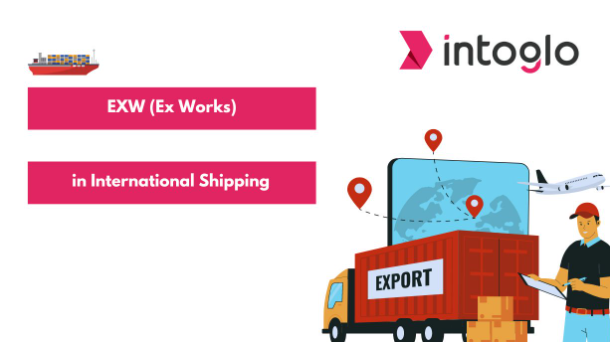
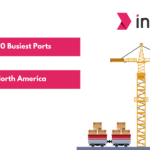
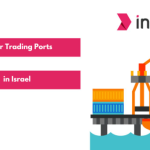
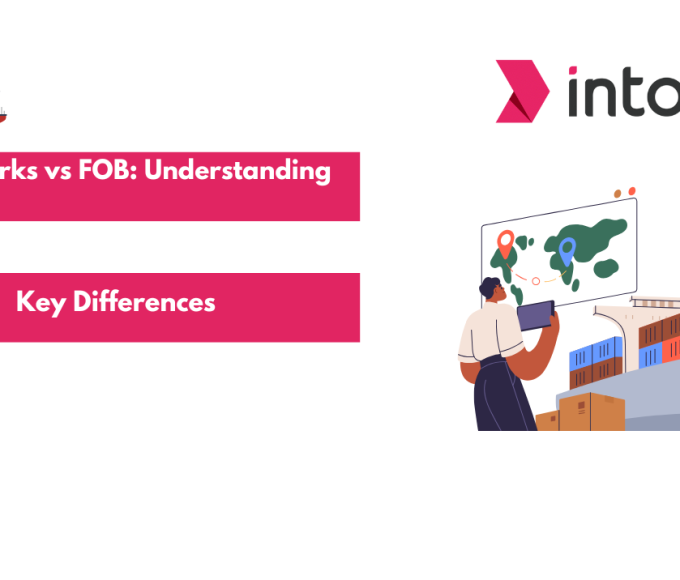
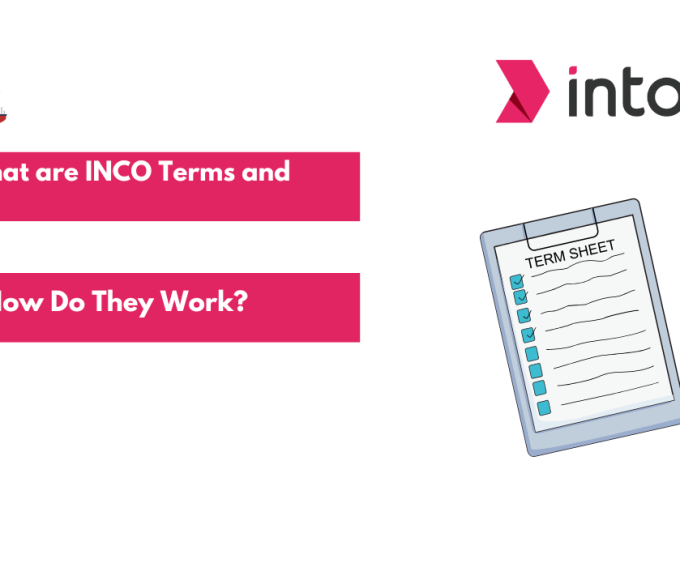
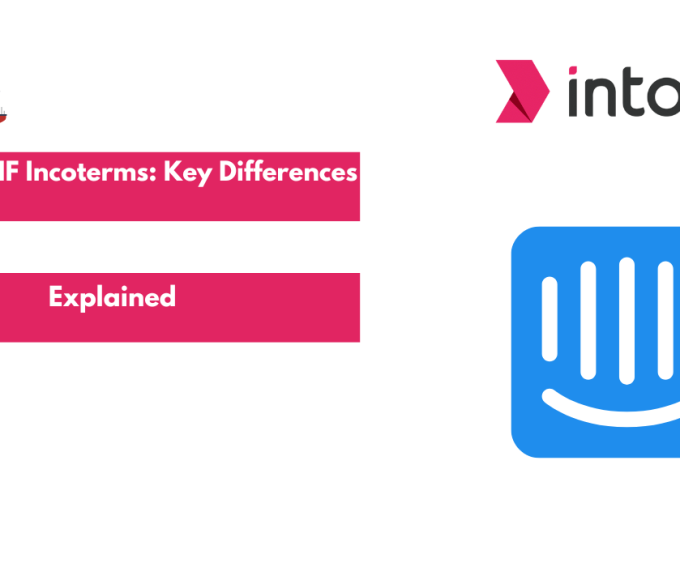
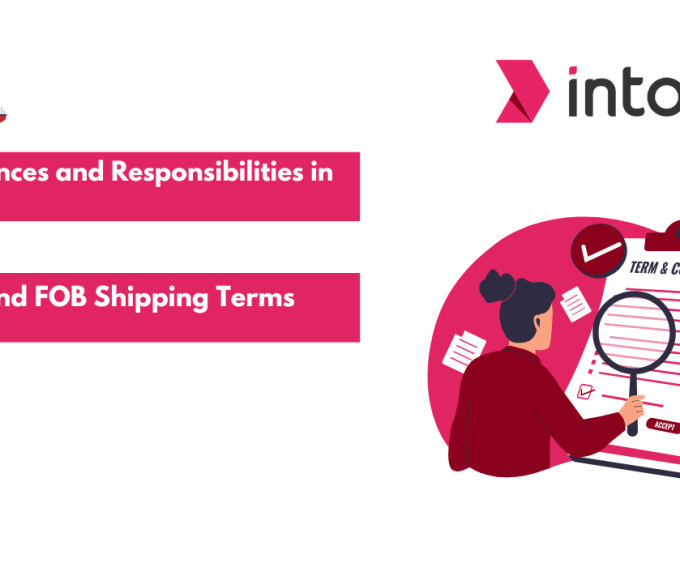
Leave a comment